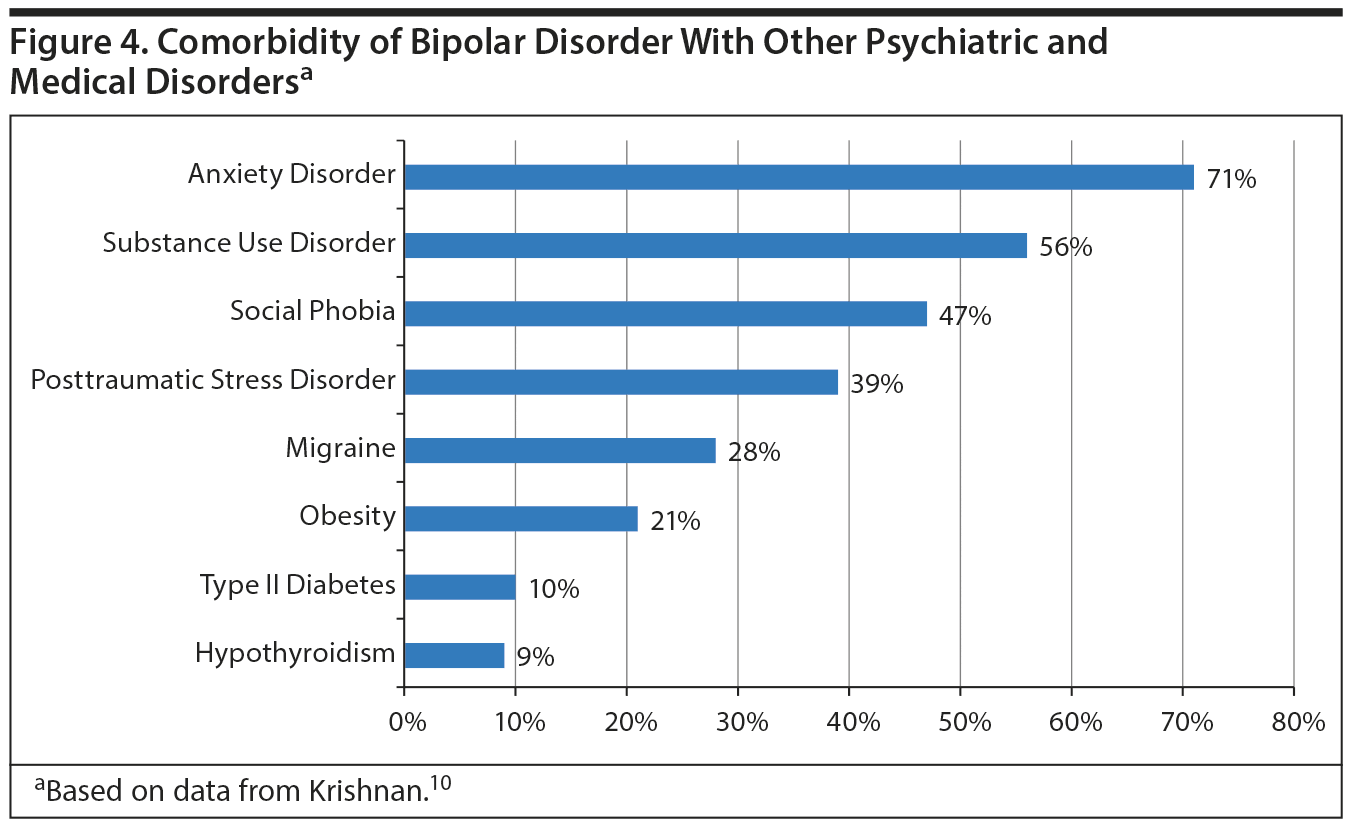Click to enlarge page
Kerry J. Ressler, MD, PhD, opened with the statement that the symptoms of major depressive disorder can be viewed as a result of brain circuit dysfunction. Three classes of molecules involved in depressive symptoms include the monoamines, which regulate broad functioning of neural circuits; neuropeptides, which mediate behavior-specific components of neural circuits; and neurotrophins, which allow for plasticity of the brain and maintenance of neural circuits.
This PDF is free for all visitors!





